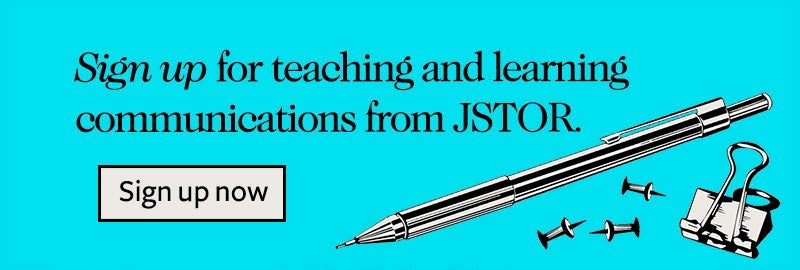It’s that time of the year, so let’s talk turkey about the act of giving thanks. At first glance there’s nothing very remarkable about thanking someone—expressions of gratitude are ubiquitous and so casually tossed around in our everyday social interactions that you wouldn’t be blamed for thinking that giving thanks has lost all meaning and purpose. So it might not occur to many, as we anticipate turkey-induced food comas during this Thanksgiving holiday, that the very act of thanking is something that gives you “quasi-magical” powers to change the world, according to philosophers like John R. Searle or J.L Austin.
Most of the time we use language to describe the world how we see it, and this doesn’t alter reality. “The sky is blue” is a true statement regardless of whether someone said it or not. Or consider, in Searle’s example, a sentence like “I fry an egg.” You may be a witness or participant in the act, but you can’t fry an egg just by saying so. Of course, you could try saying as many magical incantations as you want (Accio, Thanksgiving turkey! Expelliarmus!) but unless you’re a wizard, the world usually doesn’t change from the mere expression of language—or so we often assume.
And yet there is a class of utterances, known as speech acts—in particular performative speech acts (or explicit performatives in Austin’s parlance)—where by just saying it, you do it. That is, by using certain expressions, you turn them into fact, thereby changing the world from how it was, at least in terms of social reality. The puzzle that Searle considers in his 1989 paper “How Performatives Work”, is “how can there be a class of sentences whose meaning is such that we can perform the action named by the verb just by saying literally we are performing it?” It is kind of remarkable when you think about it this way.
As Searle says:
Fairy stories, by the way, are full of declarations performed by witches, wizards, magicians, etc. We ordinary humans do not have the ability to perform supernatural declarations, but we do have a quasi-magical power nonetheless of bringing about changes in the world through our utterances; and we are given this power by a kind of human agreement. All of these institutions in question are social institutions, and it is only as long as the institution is recognized that it can continue to function to allow for the performance of declarations.
Yes, even in the ordinary, wizard-less world, in plain, regular English, you can say something like “I promise to come see you tomorrow” or “I hereby pronounce you husband and wife,” and just by saying the words, it magically happens; a promise is made and two people are now married where a second before they were footloose and fancy-free.
Inconceivable, you say? Indeed, in an odd pairing between philosophy and pop culture, it’s famously demonstrated as a plot point in The Princess Bride, for example:
Buttercup: Oh, Westley, will you ever forgive me?
Westley: What hideous sin have you committed lately?
Buttercup: I got married. I didn’t want to—it all happened so fast.
Westley: Never happened.
…
Buttercup: But it did, I was there; this old man said ‘man and wife.’
Westley: Did you say ‘I do?’
Buttercup: Um, no… we sort of skipped that part.
Westley: Then you’re not married. You didn’t say it; you didn’t do it.
Additionally, in certain countries the divorce ritual may require the performative utterance “I divorce you” to be said three times. And just like that, two people become divorced.
But more apropos of the present occasion, the President of the United States might traditionally employ two well-known speech acts: “I hereby pardon this turkey from the Thanksgiving dinner table. Congratulations!”
So unlike frying an egg, performative speech acts are those utterances that simply perform an action as they are being uttered, and they can take many forms, ranging from expressions of apology, greeting, ordering, declaring, and, of course, gratitude, to name a few. This can have varying degrees of social impact—from legal, political, religious, and social contracts and conventions—as we can see in the following expressions:
I arrest you in the name of the law!
I hereby sentence you…
I hereby name this boat…
This meeting is adjourned.
I order you to leave the room!
War is declared.
Passengers are hereby advised that all flights to Phoenix have been cancelled.
I’m sorry, I apologize.
I appreciate what you’ve done, thank you.
Though the idea of the speech act may not be new to a jaded linguist or philosopher, it’s fascinating to note this remarkable interplay between language and the world, how we view the world, and how language acts can suddenly alter our world and our lives, sometimes quite radically, through our social agreements. So, if you’ve always wanted to change the world, Thanksgiving might not be a bad place to start.







